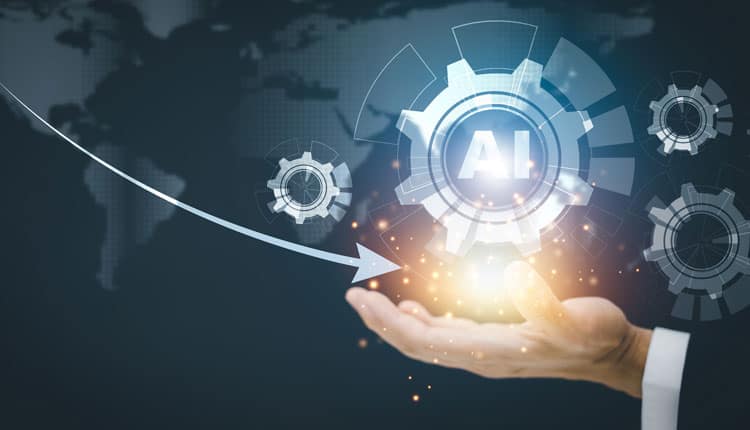By Piyush Goel, Founder Beyond Key
According to a World Health Organization (WHO) report, the global shortage of healthcare workers could be pegged as high as 12.9 million by 2035. However, for an industry that has emerged as a decider of humanity’s fate in the last couple of years, healthcare is still predominantly conventional and needs reliable integrations of emerging technologies, such as artificial intelligence and machine learning (AI/ML).
With more healthcare providers moving to online platforms and portals, the use of data within healthcare is expanding rapidly. The words of management thinker W. Edwards Deming — ”In God we trust. All others must bring data.” — this has never been truer, especially in healthcare.
Leading digital technologies in healthcare can enable care providers and institutions to learn from previous records and data to improve. However, these are not just limited to robotics or machinery integration but extend to AI, applications, and business intelligence (BI) for a completely modernized form of healthcare delivery. Moreover, technology has made inroads into all functions within the healthcare space — patient care and continuous monitoring, triage, customer relationship management (CRM), Electronic Health Record (EHR) system, medical devices, appointment booking apps, billing, and inventory systems, administration, insurance, accounts and more.
Medical providers and administrators can identify areas of improvement or risk within current pathways by utilizing data in the health sector. They can use this information to improve patient experience and overall patient experience. This can help improve patient care, strategic planning, and resource utilization more efficiently.
For instance, wearable technology has been emerging as a big part of healthcare for a decade. In the past 10 years, these devices have gone from novelty to lifesaving tools with broad applications in the healthcare industry. Wearable technology provides a wealth of health information due to the continual tracking that is impossible with traditional methods like an annual checkup.
In the post-pandemic era, AI adoption helps medical professionals make smarter decisions faster, so they can save more lives. The stream of data is too much and fast for any human to go through on their own. AI tools can find specific diseases by reviewing the data, so medical caregivers can focus on providing care than documenting and sorting it into actionable intelligence.
At the same time, it can lead to significant cost reduction, increased reach, and efficient resource allocation, freeing up medical talent to cater to more intricate and time-consuming tasks, strategy, and leadership.
We know that self-diagnosis, followed by self-medication using the internet, is rampant among communities. AI-powered virtual assistants can help combat this risky phenomenon and, at the same time, be a primary, personalized, and accurate point-of-touch for patients worried about their illnesses. Voice or chat-based assistants can help them identify their condition based on the symptoms, monitor their health status, and guide them toward scheduling appointments with the healthcare provider relevant to their concern.
Today, AI tools help with identification and diagnosis, especially in international markets. They assist with integrating data points from different tests and scans that record vital signs, figuring out how likely a patient, especially an older person, will fall, drug discovery, and development. AI is helping patients get better by suggesting exercises and activity routines. IoT devices using AI/ML and Natural language processing (NLP) enable healthcare providers to extend their reach outside the traditional clinical setting and adopt rapidly evolving technologies for optimizing outpatient and inpatient care.
The application of AI in the healthcare industry offers organizations a great chance to enhance care and accuracy while reducing costs.


While use of technology including Artificial Intelligence can’t be denied, it’s adverse impact on living standards, particularly of poor people, is not discussed here in the article. The article is INCOMPLETE and biased in favour of AI & technology.